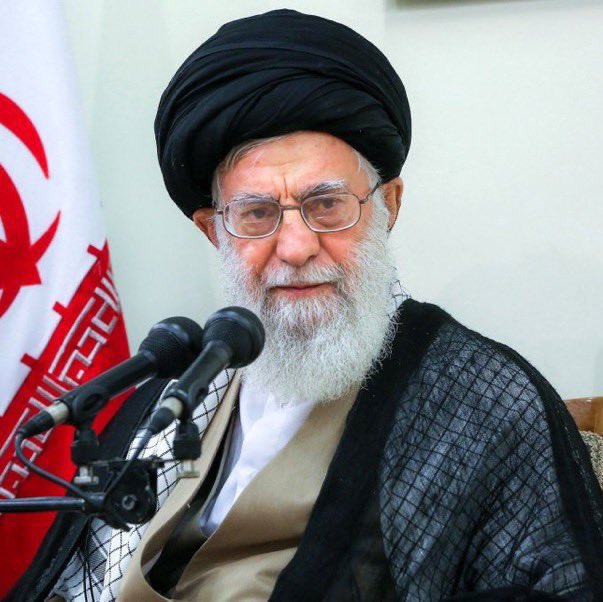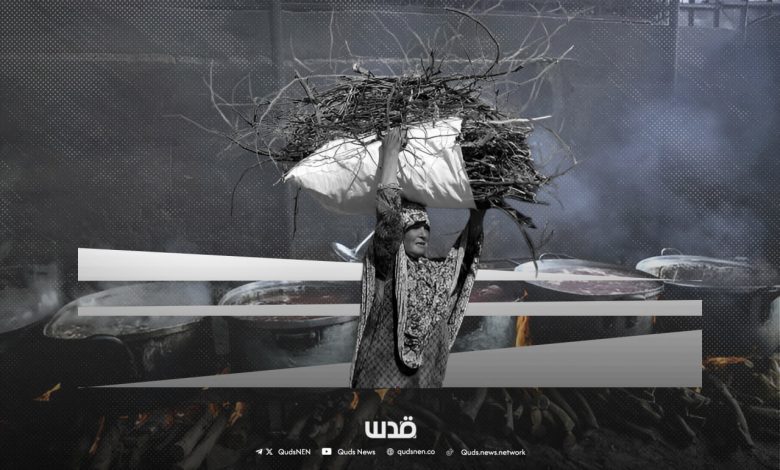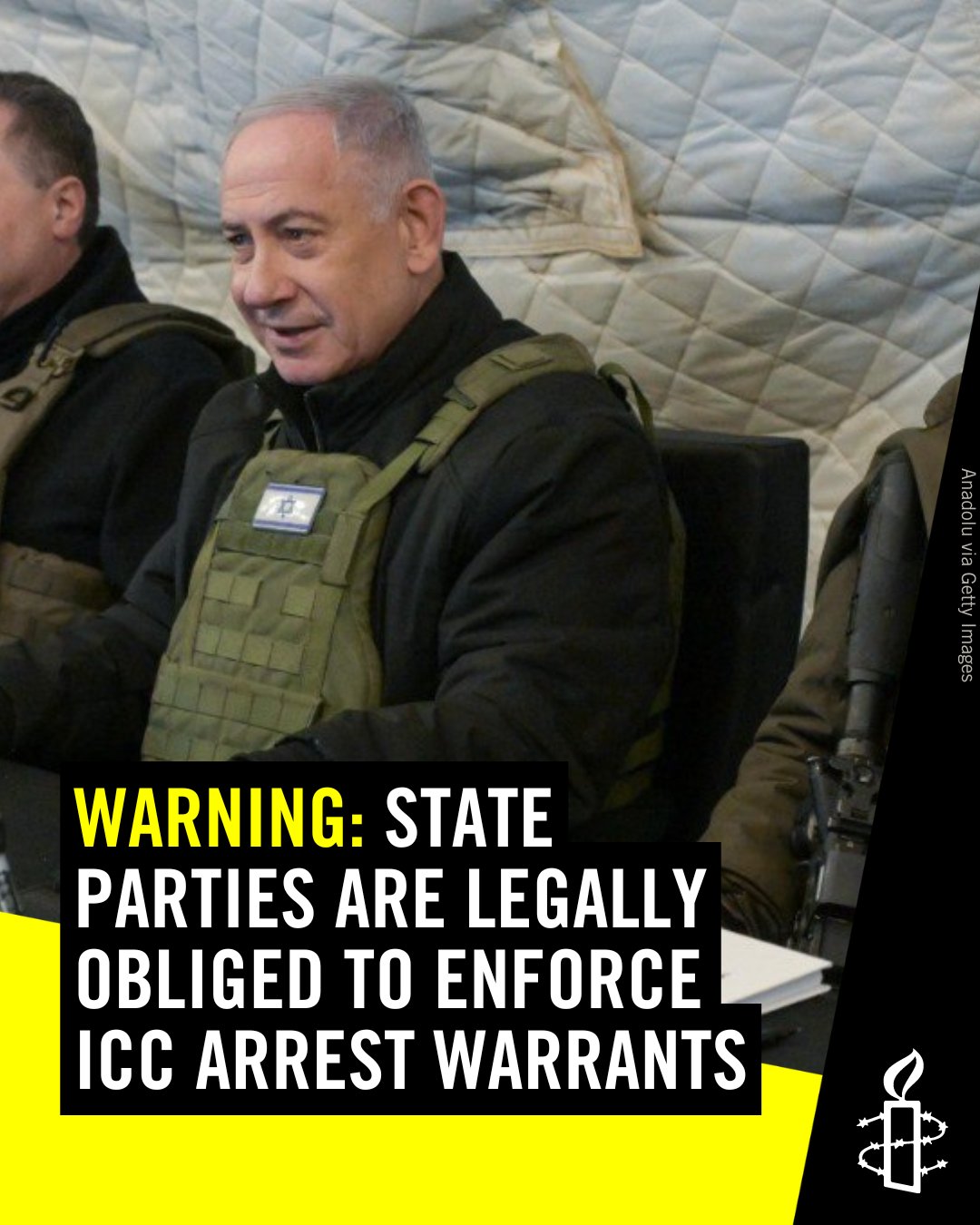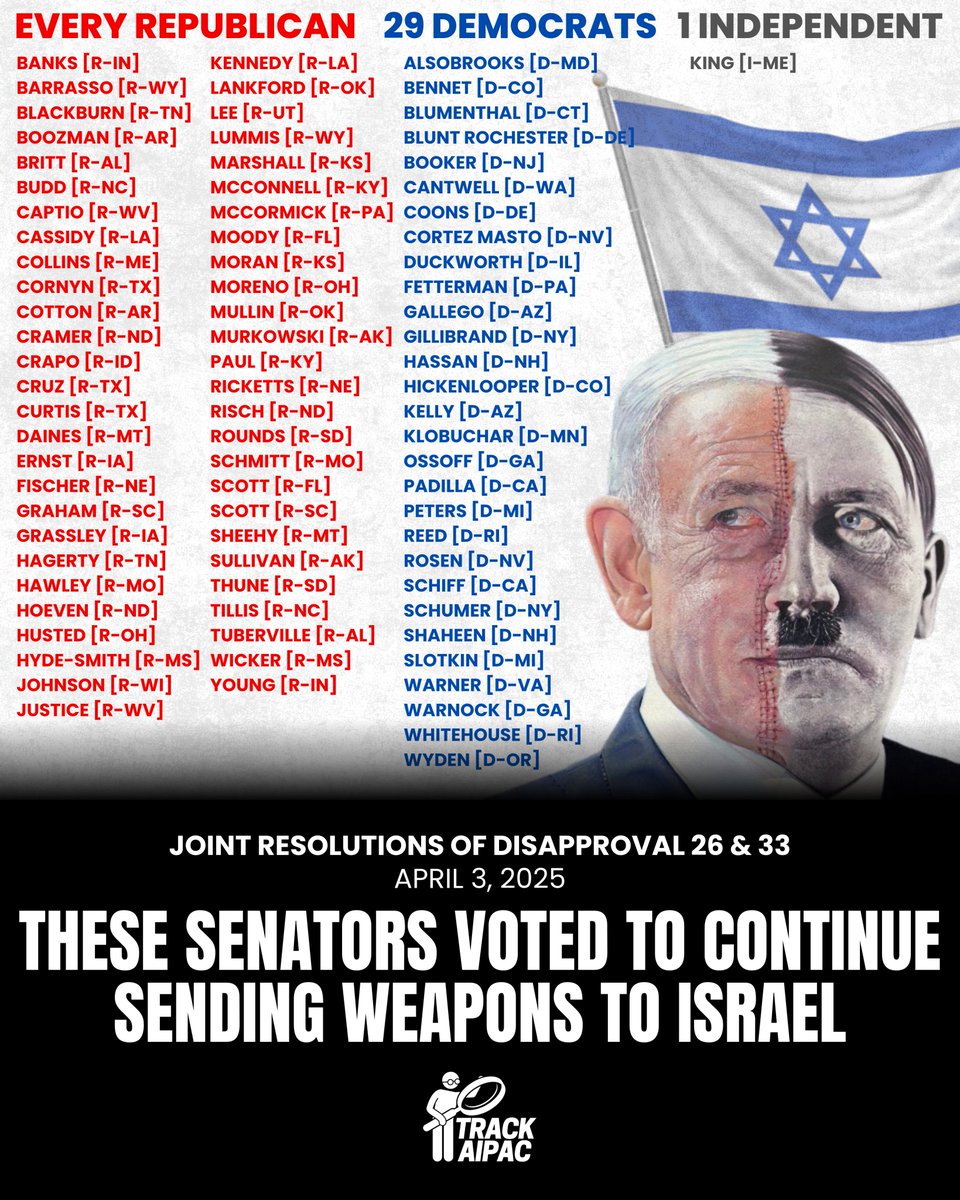
By Dr Khairi Janbek
When we think of contemporary Iran, one always believes that the Arab Middle East had always been dominated by three Non-Arab American allies: Iran of the Shah, Turkey and Israel. One thinks that those “neighborhood police stations” were the guarantors of stability through their convergence, and at times contradictions in the age of Cold War and oil. However, the Shah of Iran was deposed and the anti-communist Cold War ended, but that didn’t mean that oil stopped becoming important nor that both Russia and China were no longer threats.
One would say, that the rehabilitation of Iran and possibly turning it into a negotiations partner aims at keeping the third angle of the police stations triangle going, because non of the Arab countries, no matter how much they tried, could never replace Iran, because no “Arab police station” is permitted to emerge as a third angle.
Having said that, it would be beyond naive to think that the expansion of Iran’s power and influence happened by stealth or escaped the notice of the US and NATO. After all, Iran grew to become a Red Sea country through its influence on the Houthis in Yemen, a Mediterranean country through its influence in Syria as well Lebanon through Hezbollah, and the major Gulf country through its supporters in Iraq. In fact this Iranian domination of space is what has created a common space between all its long arm organizations in the region.
Essentially, if we compare Iran to an octopus, all those various groups are its tentacles, and they all serve the purpose of Iran’s strategic interests, albeit not through a push-button approach, but through not taking any action which would not please their master Iran. Of course, this puts Iran in a strong position to be a major player in the region and an inescapable negotiations partner for the US, which is also convenient for the Americans, in order to remind their Arab allies who is their protector in a region policed by Turkey, Israel and Iran.
Of course, this takes us to the point of saying that, for all intents and purposes, for the Americans a trusted adversary is more important than distrusted friends, and that it would be absurd to think that all those long arms of Iran in the Arab world can be amputated by military means; they certainly can be weakened, but without the consent of Iran and without the right price, so long as it remains behind them, nothing much can change.
At this point, from what one can only see, is that no one in their right mind or otherwise, will permit a war to emerge in which Israel is pitted against Iran and the US as well as NATO putting all their weight behind Israel and forcing the Arabs to choose their camp. That would be the scenario of the end of the world as we know it , or with major civil wars in the Arab countries controlled by the tentacles of Iran, and no one wants that.
Dr Janbek is a Jordanian writer based in Paris







